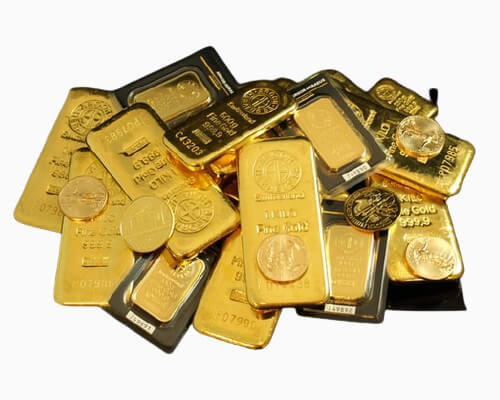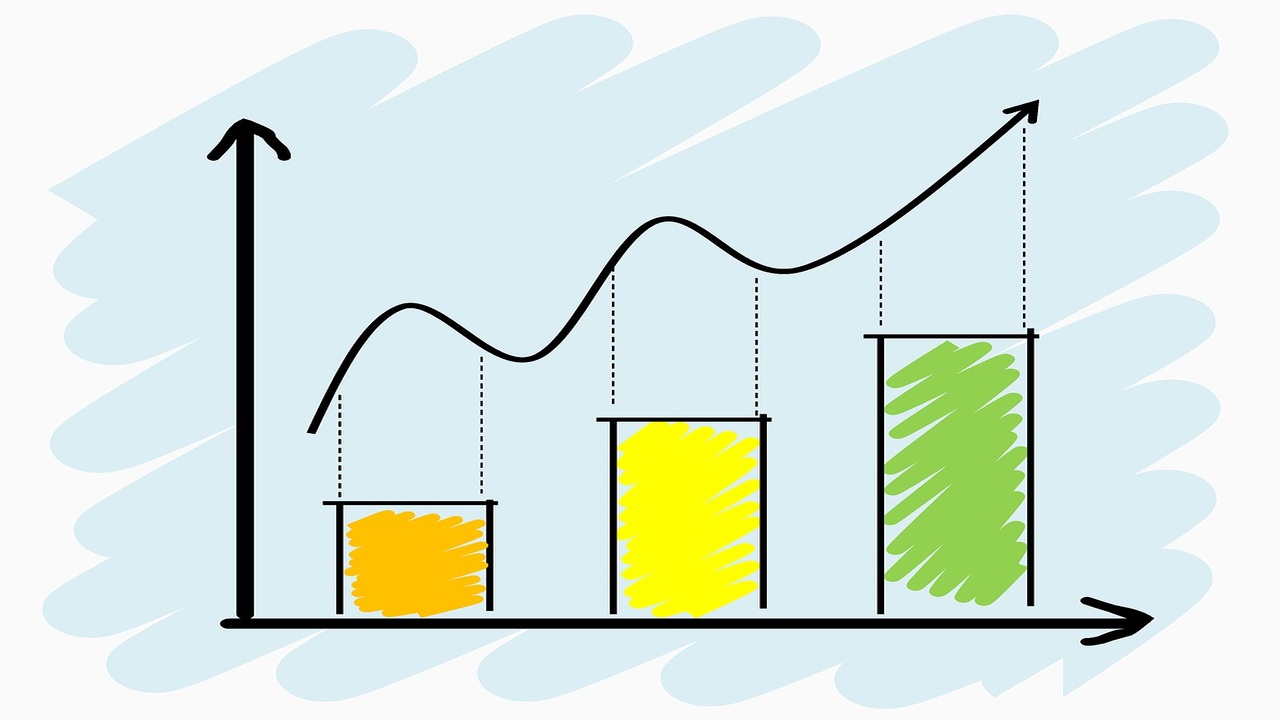Traders have been flocking to Dubai’s Souks for over a century in search of spices, pearls, and gold. Dubai earned the moniker ‘City of Gold’ as a result of its thriving trade. According to Dubai Customs, gold trading in the world was estimated at 41 billion euros in the first nine months of 2020. After crude oil, it is the city’s most profitable export. Dubai has taken advantage of its strategic location by establishing gold vaults, jewelry-making factories, and refineries.
Dubai is known as the “City of Gold” due to the huge amount of gold that has been discovered on the globe and that is handled in the city.Gold has long been regarded as a valuable metal. Purchasing gold from Dubai is popular due to the fact that it is a tax-free haven, which means that you will not be charged any sales taxes or customs duties when purchasing gold from the city. People all across the world are motivated to conserve resources and make gold investments. And when it comes to purchasing gold, Dubai has traditionally been regarded as a gold-haven.
The Gold Chain
Al Etihad Gold refines gold and transforms it into investment-grade bars. Bullion banks and retailers, as well as jewelry wholesalers, are among their customers. The whole procedure takes place on the property. Al Etihad is also a member of the Dubai Good Delivery accreditation program, which is a global standard for consistency and technological standards.
Salah Khalaf, co-owner of Al Etihad Gold Refinery, believes gold will continue to be a common jewelry and investment option. “Just invest in gold,” he positively encourages people. “I see the entire circle being completed here in this area, particularly in terms of infrastructure, prosperity, and defense,” he adds.
A Constant Value
Gold bars of various sizes are produced at the refinery. Its price, like that of any other asset, will fluctuate. A 10kg bar is currently worth just under 450 000 euros at existing market prices. Bullion banks, retailers, and wholesalers buy the finished bars. The Abdullah family founded one of the city’s largest wholesalers in 1955. Jawhara specializes in the trade of gold, jewelry, and diamonds.
Tawhid Abdullah is the Chairman of the Dubai Jewellery Group and the CEO of Jawhara. He claims that the city’s industry is booming “There are 40-50 tons available on the market at any given time, either on the retail or wholesale front. And, as a result of the large volume of business we generate, our costs have become the most favorable in the world “.
Dubai’s jewelry and gold industry are also well-regulated. The Dubai Gold and Jewellery Group, a non-profit trade organization, has over 700 members. According to Tawhid Abdullah, self-and government conformity means they have a “full commodity.”
Location Factor
Dubai’s popularity is also due to its geographical location. Gold dealers take advantage of the difference in time zones. It is one of the few markets in the world that is open from 6 a.m. to 11 p.m. in real-time, catching every time zone from Australia to the west coast of the United States. For visitors, Dubai’s gold is tax-free in terms of value.
That’s why so many people go to the Gold Souk or the Gold and Diamond Park across town to stock up. Cara jewelry was founded by Kiran Pithani and his brother in 2005. They have a number of shops and studios, with the Gold and Diamond Park being the busiest. They specialize in personalized jewelry, with bespoke patterns, settings, and product work accounting for 85 percent of their workload.
“Gold is always popular,” Pithani says. It is one of the metals that is linked to money.” People would rather invest in gold, he believes, particularly during uncertain periods. In the early stages of the pandemic, demand for jewelry was high, as it was in many other industries. However, trade picked up in Q4 2020, and the ‘City of Gold’ is betting on this trend continuing.
UAE Outlines New Tax Law for Gold, Diamond, etc.
Following a government decision to scale back value-added tax on all sectors, the UAE’s Federal Tax Authority (FTA) has outlined laws governing gold, gem, and precious metals retailers, as well as conference and events companies. It also means the changes in the policy of UAE trading CFDs as it is pretty much connected with the taxation process since it is regulated by the central bank and regulatory bodies. CFDs are a form of derivatives trading that enables investors to exchange depending on values obtained from an underlying market rather than the market itself. UAE was a really profitable market in this regard.
At the wholesale level, the VAT reversed mechanism refers to “precious metals such as gold, silver, and platinum, used in commerce in compliance with generally agreed requirements with a purity of 99 percent or more,” but not at the retail level.
The decision, according to the FTA, would increase cash flow among suppliers, lower their tax burden, and retain the UAE’s position as a gold, diamond, and jewelry center. According to the regulator, the reverse charge mechanism only applies to commercial transactions between licensed dealers.
The purchaser must be approved for VAT on the date of supply and announce it in writing, stating that the purchase is for the purpose of reselling the materials or using them to make goods.“When selling gold, diamonds, or products with the principal component of gold or diamonds to another tax licensed retailer, registered dealers shall not charge VAT as long as the latter wishes to resell those products, or use them to import gold, diamonds, or products with the principal component of gold or diamonds,” the FTA said.
The reform would not affect zero-rated export suppliers such as gold, diamonds, gold jewelry, and precious metals. The recipient must report the materials on their tax returns and is normally entitled to a tax deduction on the tax paid on their inputs.
Non-registered companies must also pay the 5% tax on gold and diamond sales. Similarly, the FTA stated that in order to recover VAT on services rendered, conferences and events companies would follow six requirements.
The granting of the right to view, attend, or engage in a meeting, as well as the granting of the right to use space for the purpose of conducting a conference or an exhibition, are all eligible for refunds. The provider must demand the rebate on their tax return for the same tax period in which the services were provided; the amount received must be equal to or less than the tax levied on the procurement of show and conference services, and the beneficiary of the services must not have a permanent or fixed establishment in the UAE.
The recipient must not be enrolled for tax in the UAE or be eligible to register; the recipient must not have paid tax to the supplier; and, eventually, the supplier must receive written notice from the recipient confirming the three preceding conditions.
The cabinet decision extends to any show held for a span of not more than seven days with a permit from the responsible local authority. The UAE implemented a 5% value-added tax on January 1st, which extends to the majority of goods and services.







